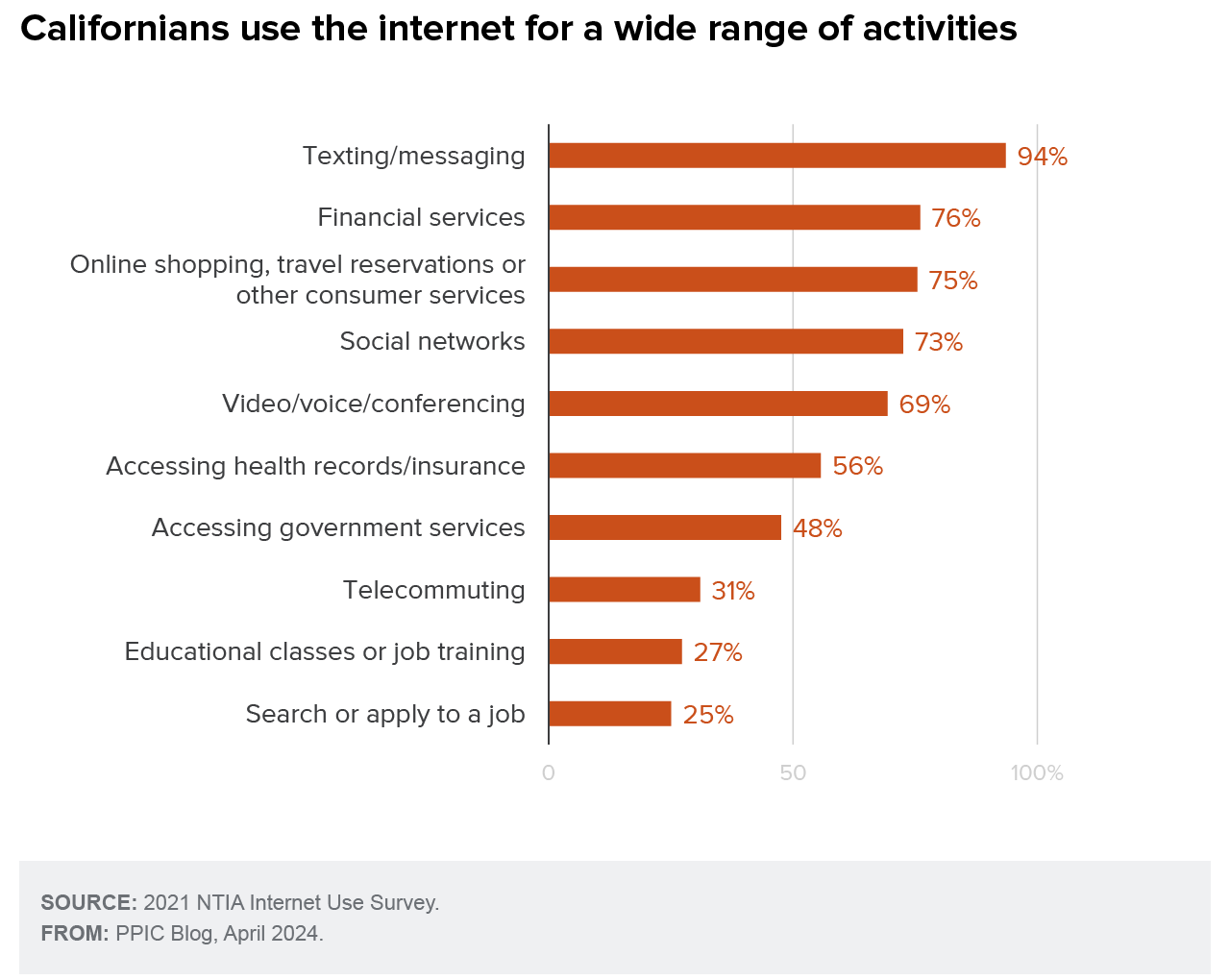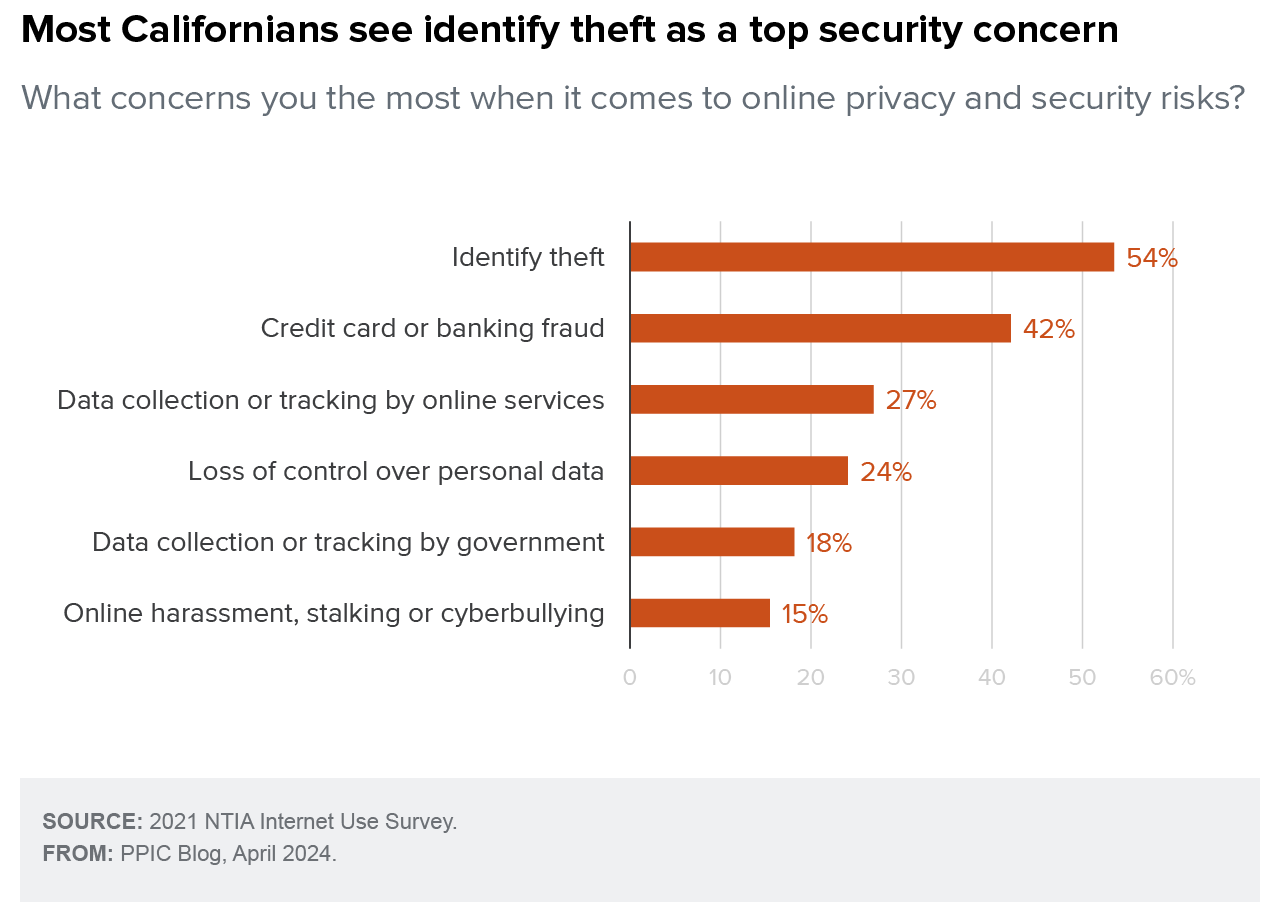Boost Your Online Security: Here’s Why You Should Install an Ad Blocker Today : Tech : Tech Times
New research reveals ad blockers’ unexpected importance in malicious software prevention.
Recent findings show how spyware makers employ banner advertisements for government surveillance. Innovators in ad-based spyware distribution include European firm Intellexa, which created Predator.
Documents showing Intellexa’s 2022 Aladdin proof-of-concept system was received by Haaretz. The papers indicate that Aladdin used internet job advertising to install phone spyware on graphic designers and campaigners, according to a TechCrunch report.
Malvertising: How Does It Work?
Aladdin’s growth and clients are unknown, but Insanet, an Israeli company, has created an ad-based infection system that can identify persons in advertising networks.
Ad exchanges are crucial to websites’ income, but unscrupulous actors use them to spread destructive malware to consumers’ devices. Malvertising, which uses user input to execute its payload, threatens online security and privacy.
Government surveillance can target dissenters with surreptitious spyware due to pervasive web advertising. Ad blockers prevent web browser advertising from loading, protecting against malvertising and ad-based malware.
In Feburary, FBI Director Christopher Wray has stressed the agency’s attention on Chinese attempts to enter computer networks with harmful malware, increasing fears about disrupting crucial US infrastructure, per the Financial Times.
After the Munich Security Conference, Wray worried about malware “pre-positioning” after the dismantling of the Volt Typhoon, a Chinese hacking network that targeted American infrastructure like the electricity grid and water supply and other global targets.
Read Also: Security Engineer Faces 3-Year Prison Sentence After $12 Million Crypto Heist
“We’re laser-focused on this as a real threat and working with a lot of partners to identify, anticipate, and disrupt it,” Wray said, emphasizing the need for caution.
Volt Typhoon is a notable instance, but Wray warned that it is simply one of several Chinese…





